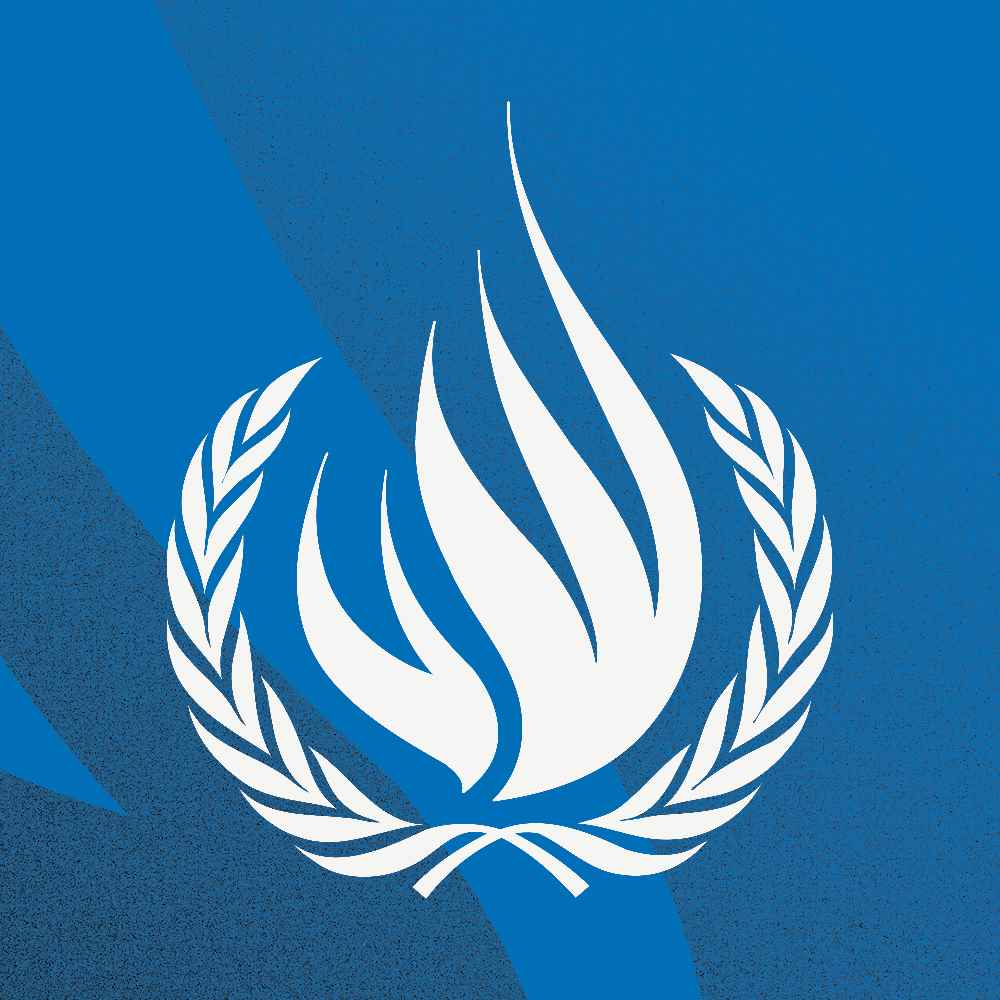
Authorities in Belarus have arrested one of the last leading members of an opposition council still free in the country and attempted to enter the Minsk apartment of the Nobel prize-winning writer Svetlana Alexievich.
Unidentified men in ski masks on Wednesday seized Maxim Znak from the office of the country’s opposition coordination council and dragged him out of the building. His associate, Gleb German, said Znak, a lawyer and a member of the body’s presidium, had time to text message “masks” before his phone was grabbed.
Alexievich is now the only member of the council’s seven-person leadership body not in prison or in exile. She said unknown men rang her bell at about 9am local time. It was unclear if they had come to take her away. Alexievich later allowed EU diplomats into her home and spoke to journalists.
She said her “like-minded” friends from the presidium were now either behind bars or had been “thrown out of the country”. Znak was the last one, she said. She suggested, however, that the brutal tactics of Belarus’s president, Alexander Lukashenko, to “kidnap the best of us” would not work and that the protest movement would continue.
“Hundreds of others will come to replace those torn from our ranks. It was not the coordination council that revolted. The country revolted,” she said. “I want to repeat what I always say. We were not preparing a coup. We wanted to prevent a split in our country. We wanted a dialogue to start.”
Alexievich – who won the 2015 Nobel prize for literature – called on the Russian intelligentsia to speak out in support of protesters. There have been mass demonstrations in Minsk and other cities following elections a month ago widely seen as rigged. “I want to tell my people I love them. I’m proud of them,” she said.
Last month Alexievich was questioned by Belarusian investigators, who have opened a criminal investigation into members of the coordination council, accusing them of undermining national security by calling for a transfer of power. Her books explore Soviet history. They include first-hand accounts of the Chernobyl disaster and Moscow’s war in Afghanistan.
On Monday masked men seized Maria Kolesnikova, a leading member of the council, from a street in Minsk. She and two other council members were driven to the border early on Tuesday and told to cross into Ukraine. Kolesnikova, however, ripped up her passport and escaped out of a moving car via a window, her colleagues said.
She was promptly rearrested. Kolesnikova is now being held at a ministry of internal affairs pre-trial detention centre in Minsk. Local media reported she had been charged with calling for the seizure of state power and faces between two and five years in jail. Government agents in civilian clothes were seen on Wednesday searching her apartment.
Lukashenko has dismissed the opposition as western stooges and rejected demands from the US and European Union to engage in a dialogue with protesters, who see his 9 August re-election as fraudulent and demand his resignation. Lukashenko claims to have won 80% of the vote.
In recent days Lukashenko’s security forces have stepped up the arrest of activists. Late on Tuesday, police dispersed a few hundred demonstrators rallying in Minsk in solidarity with Kolesnikova and detained at least 45 protesters, according to the Viasna human rights centre. Those arrested included three female poets.
Lukashenko is due to meet Vladimir Putin, the Russian president, for talks this weekend. In an interview with the Kremlin channel RT, he described Putin as his “older brother”. Putin has declined to provide the military assistance Lukashenko has publicly requested, but promised to send a contingent of special forces to Belarus to prop up Lukashenko’s rule if necessary.
Natalia Kaliada, co-founder of the Belarus Free Theatre, said Belarus now faced the prospect of soft hybrid annexation by Moscow. “There will be no military invasion. It will be by economic means Putin will annex Belarus,” she said. “Belarus will start to use the Russian rouble and gradually become a Russian protectorate.”
Kaliada said the EU was “in a coma” over events in Belarus and appeared terrified of offending Putin. “Only Lithuania is playing a good role. Unfortunately what we can expect from European politicians is betrayal again. Lives will be lost in between political games.”
In Washington, the US secretary of state, Mike Pompeo, issued a statement expressing concern about the attempt to expel Kolesnikova and warning that the US and its allies were considering sanctions against Belarus.












